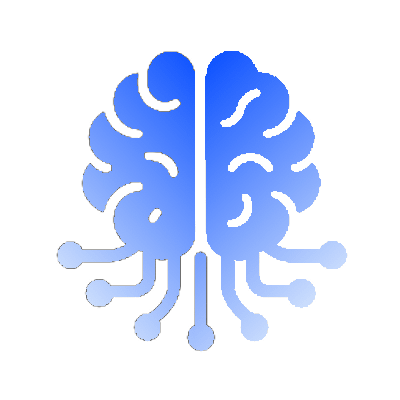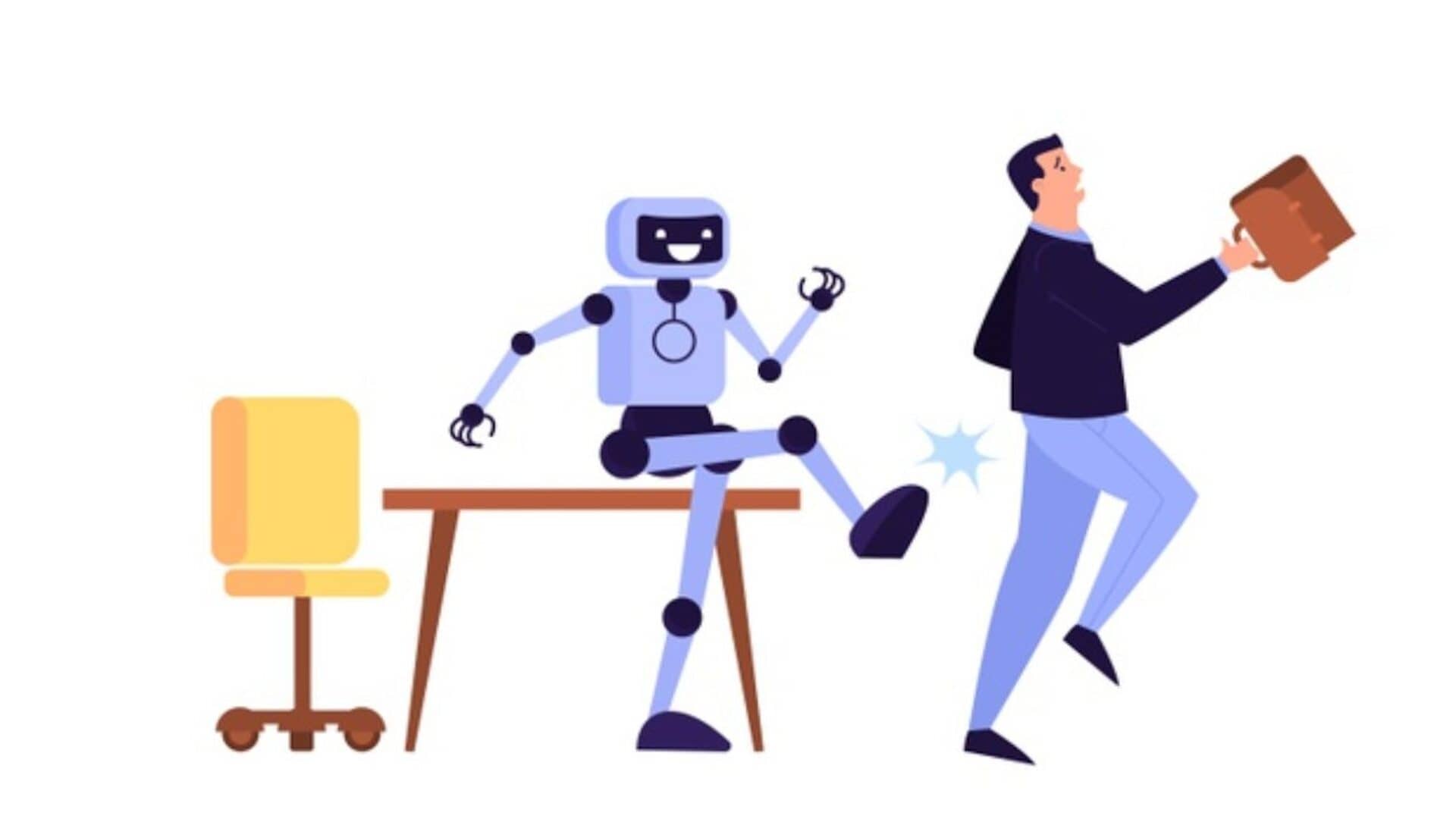Artificial intelligence is advancing fast. It automates tasks, analyzes data, and even makes decisions. As a result, many people are asking: Will AI take your job? While some predict massive job losses, others believe that new opportunities and industries will emerge. In this article, we’ll explain what’s real, what’s hype, and how you can prepare for the AI-powered workplace.
How AI is already transforming work
AI is no longer just a future idea — in fact, it’s part of daily business operations. Companies use AI to:
- Automate repetitive tasks in factories and offices.
- Improve decision-making through data analysis.
- Boost customer service with chatbots and personal recommendations.
According to the World Economic Forum, AI may replace 14 million jobs in five years. However, it is also expected to create 69 million new roles in tech, sustainability, and healthcare.
Will AI take your job? Roles most at risk
Not all jobs face the same risk. For example, positions with predictable, repetitive work are the most vulnerable:
- Data entry clerks – replaced by AI text recognition.
- Telemarketers – replaced by AI voice assistants.
- Basic customer service roles – replaced by chatbots.
McKinsey reports that 50% of work activities could be automated with today’s technology. Nevertheless, this often means restructuring jobs rather than fully eliminating them.
Will AI take your job? Roles that will thrive
Some careers will grow stronger with AI. In particular, jobs that require creativity, empathy, and complex problem-solving are much safer:
- AI specialists and engineers
- Healthcare workers using AI diagnostics
- Creative roles like designers and strategists
- Project managers guiding AI-human teamwork
These roles need human skills that machines simply can’t replicate. Therefore, they are more resilient to automation.
Human-AI collaboration: The new normal
Instead of replacing humans entirely, AI often works alongside them. This way, people are freed from repetitive tasks and can focus on higher-value work.
- Lawyers use AI to scan legal documents quickly; meanwhile, they can concentrate on strategy.
- Radiologists use AI to detect anomalies faster and more accurately.
Consequently, AI is becoming more of a partner than a threat in many fields.
How to future-proof your career
If you’re wondering “Will AI take your job?”, the best approach is to adapt.
- Learn digital tools and AI relevant to your field. For instance, try mastering one AI platform this year.
- Strengthen soft skills like communication and leadership.
- Commit to lifelong learning so you can reskill quickly.
- Stay flexible to switch roles or industries as needed.
Ultimately, the key is to combine tech skills with uniquely human abilities.
Wrapping up
AI will reshape the job market but will not replace everyone. Instead, it will remove some roles, change others, and create new opportunities. Those who adapt, learn, and collaborate with AI will thrive in the years ahead.
Takeaway: Don’t fear AI — prepare for it. Therefore, start building your AI skills now to secure your future.


Leave a Reply